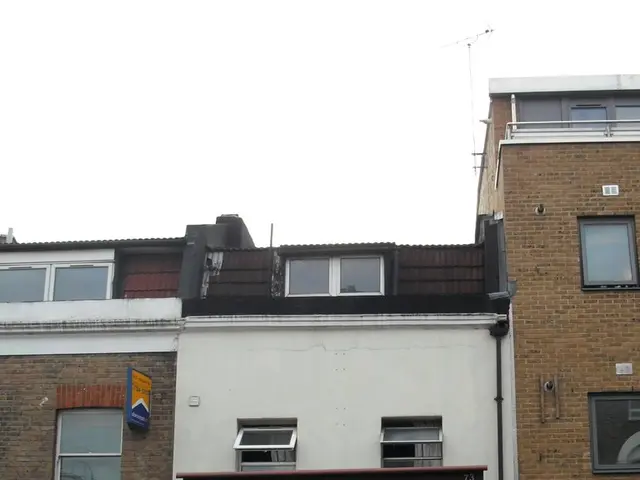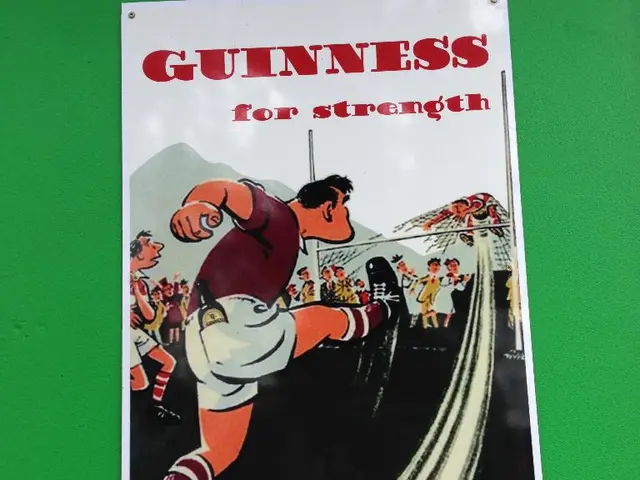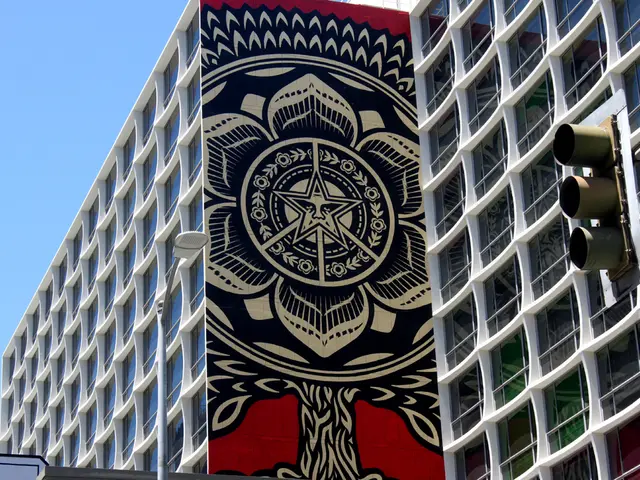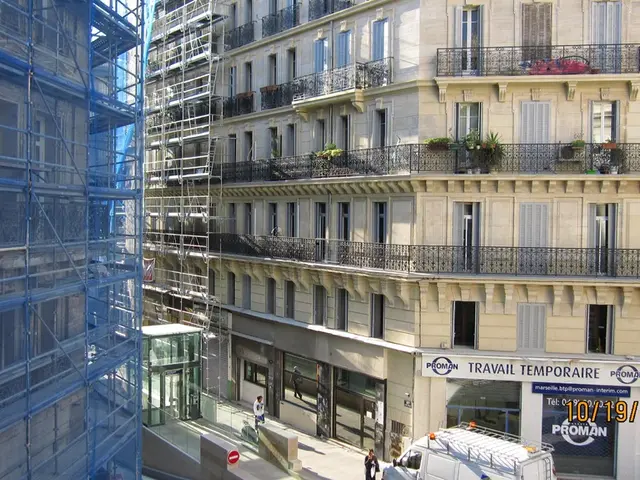The Misery of Winter: 1.8 Million Homes Frozen Due to Skyrocketing Heating Costs
Mass Poll Finds 1.8 Million Individuals Faced Freezing Conditions Due to Exorbitant Heating Expenses During Winter Months - Over 1.8 million people endured winter in the cold due to excessive heating expenses, according to recent polls.
Winter 2024 is a chilling reminder of the bitter cold we all despise, and unfortunately, it didn't come cheap. Thorsten Storck, a Verivox energy expert, puts it bluntly: "We've been dealt a raw deal this year. Not only was it colder than last, but heating with gas became maddeningly expensive with the return of the full VAT rate on natural gas in April 2024." Add to that the merciless rise in the CO2 price, and it was a formula for misery.
The misery was widespread, affecting homes in every ballpark of the nation. 1,007 brave souls from the ages of 18 to 79 braved the cold to share their experiences, ensuring the survey was representative of our beloved nation in terms of age, gender, and federal state.
Let's face it, with record-breaking low temperatures across parts of the U.S., it was game over for those susceptible to the chill. Imagine Dallas dipping to negative 10°F during wind chill, or North Dakota plummeting into a freeze of 60 degrees below zero, freezing you to the bone in minutes.
What this extreme cold meant for many was having to choose between warmth and other essentials, resulting in a chilly sail through winter. It highlighted the fragility of our energy infrastructure, which was under stress from the increased electrical and heating demand caused by the cold. Add to that the volatile energy prices and questionable market structures, and it's no wonder 1.8 million people were left out in the cold.
The bloated heating bills were simply too much for many low- and middle-income households, who were left vulnerably shivering in the cold. The bitter sting of those high bills was the last straw for these folks, pushing them over the edge and into a freezing winter.
The irony is, as our planet warms, it's not just our polar ice caps that are at risk, but the very people who can least afford it. Unpredictable and severe winter weather have become the norm, making energy demand spikes harder to manage and leaving millions susceptible to crippling heating costs. This disturbing trend is a bellwether of a much larger issue: the escalating impact of climate change on our daily lives.
So let's take a moment to ponder – is it all worth it? The relentless pursuit of short-term gain, or long-lasting sustainability for all? We've got a long, cold winter ahead if we don't get our priorities straight.
- The high heating costs during winter 2024 led to 1.8 million people being frozen in their homes, according to a survey conducted by Verivox.
- Despite the freezing temperatures, heaters were an essential but costly necessity for many households this past winter.
- The energy industry, along with environmental science and finance, will have to address the escalating costs of heating, particularly in relation to climate-change and the impact on the population.
- With the current state of energy pricing and market structures, many low- and middle-income households struggled to afford their bloated heating bills, leaving them exposed to the cold.
- The survey, which included responses from 1,007 participants across different age groups, genders, and federal states, highlighted the fragility of our energy infrastructure in the face of extreme weather.
- The increased demand for heating and electrical power during the harsh winter, combined with volatile prices and questionable market structures, contributed significantly to the misery experienced by millions of homes.








